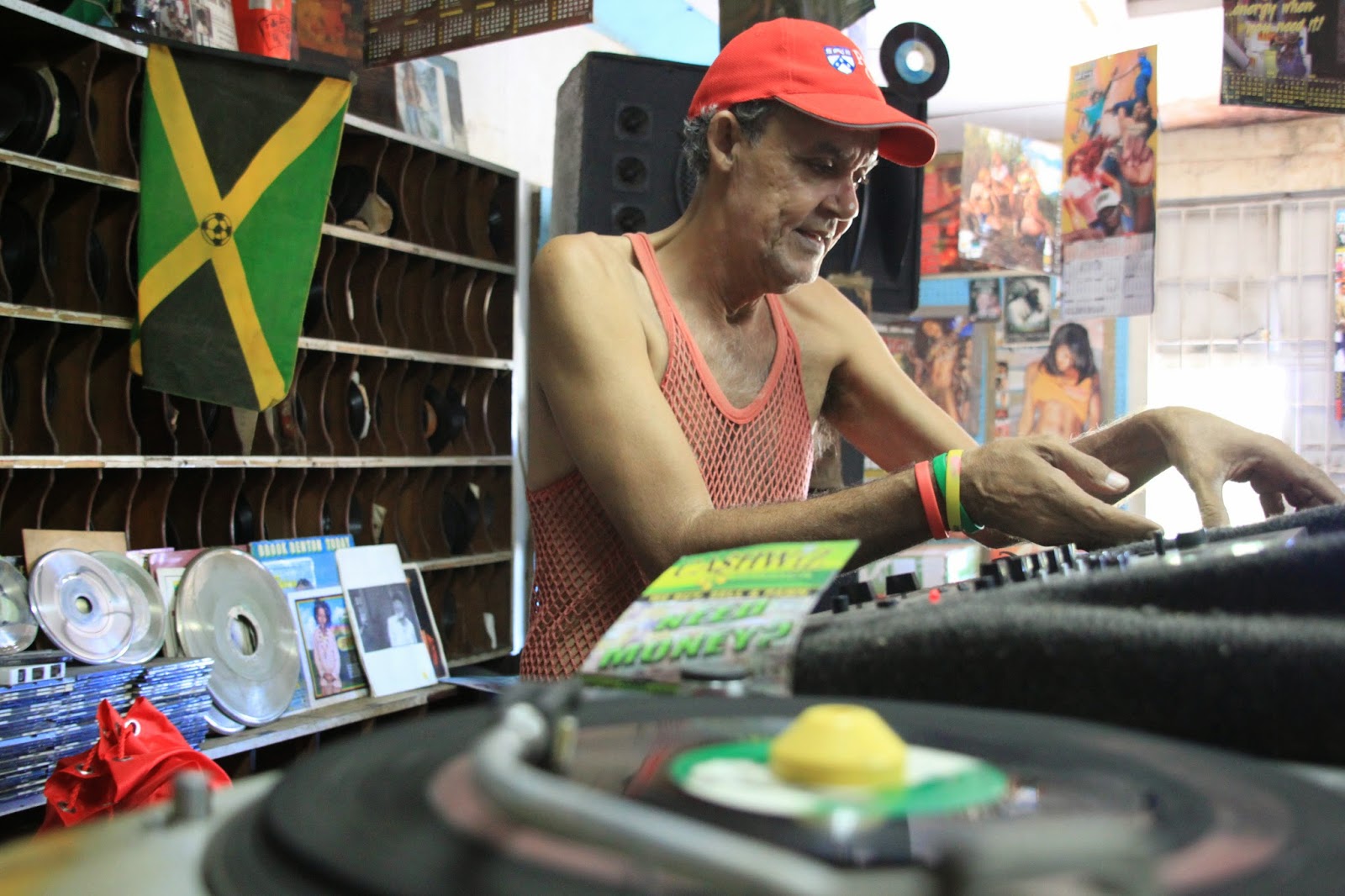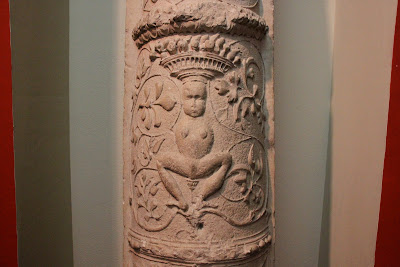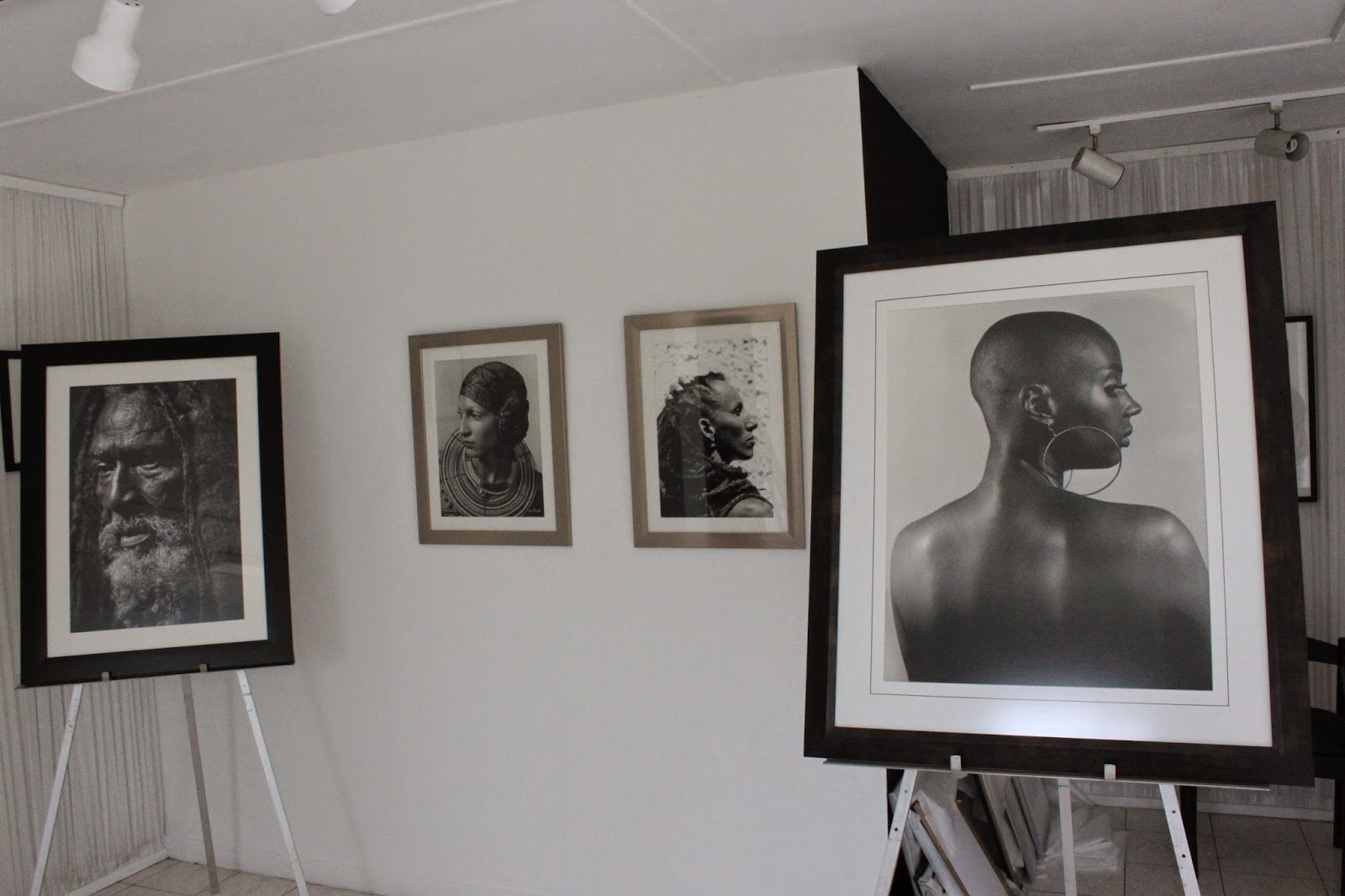Election campaigns and lessons for journalists and communicators in the Caribbean
This month marks the one-year anniversary of the culmination of the campaigns leading up to the 2008 U.S. Presidential election. Five CARIMAC lecturers weigh in on these campaigns.

For many, the campaigns leading up to the 2008 U.S. presidential election were the most spectacular and the most discussed. In your view, what can Caribbean journalists or communicators learn from the coverage of these campaigns?
Prof. Aggrey Brown, adjunct lecturer and former CARIMAC director: Treat with the facts; not hype or sentiment. Recall that the media had Hilary Clinton walking away with the Democratic nomination even before the contest started and were too busy to notice Obama's innovative use of new media in his campaign.
Janneth Mornan-Green, adjunct lecturer and public relations practitioner: One lesson for journalists is that they should be more fearless in covering a story. They should also be more thorough, looking at subjects from various angles. As for other communicators (PR people especially), there were many lessons there. Lessons, for example, on how to organise a campaign, the importance of communicating with the grassroots and mobilising communities in order to mobilise a country being one of the most important, I think.
Patrick Prendergast, lecturer and CARIMAC coordinator for Western Jamaica Campus: I am not sure about learning as much as reinforcement of the power, potency and persuasiveness of media as tools for propaganda. The "spectacular" to which we make reference, underscores the value of public relations campaigns in any endeavor which seeks public attention - from political aspirations, winning the war of competition among private enterprise, to televangelism. The companion to that triad of media Ps is the role of the producers and editors in sifting through all the diverse sources of information in an effort to keep a global public in-tuned.
Certainly the historicity of the 2008 US presidential elections cannot be denied but in that very fact was to be found an unmasking of a political arrangement bedeviled by racism, polarisation, fear, and influence of money that we have so long, particularly in Jamaican media, treated as unique to us. If nothing else I hope the region has found a new level of appreciation for why the journalism and communication industries have to be professionalised. In my view, it is the professional media which triumphed - both the people and the technology.
Yvette Rowe, lecturer and coordinator of TV specialisation: In general we all can learn from following, examining and analysing coverage of major events whether in terms of content, angle, or technical aspects. This campaign was groundbreaking in many ways, for me one of the many interesting facets was the use of new media in the Obama campaign, the use of the internet and the appeal to the voters rather than the special interest groups.
It was a campaign forged not only by the politics, the personalities and the media but one that could only happen in that way because of the advances in technology. Whilst there is so much more to Obama than image and oratory, in this tech savvy age of the soundbite and celebrity, cutting an elegant dash, having the right words and arsenal of understated gestures that work for television doesn't hurt at all.
Sarah Palin did not fare so well with the media doing perhaps a little better than the hapless turkey seen being dispatched to a better place in the background while the Alaska governor opined on a thanksgiving pardon to another big bird. A comedic impersonator made her a figure of fun not with a wickedly scripted verbal barbs but a script made up of transcripts of the senator's own words.
Amitabh Sharma, adjunct lecturer and journalist: In my view, there are a couple of key aspects to be taken into consideration from the U.S. presidential election campaign 2008.
First, the use of social networking platforms, such as Facebook and Twitter, drove the messages effectively across the target audience. Both Obama and McCain used these tools to reach out to the potential voters. These media also provided real time updates and kept the audience abreast on what each candidate was doing. As much as there is a 'this is not going to affect me', 'we are still not that tech and internet savvy' perception, it is about time to take the online and mobile media seriously.
It was also evident that the first-time voters were among the major influence for the candidates. It was their vote that was the key. As a significant percentage of the population in Jamaica and the Caribbean, it is important to reach out to the Gen Y and involve them in the planning and decision-making processes.
The campaigns' use of social media was complemented by involvement of 'citizen journalists'. Scores of bloggers latched on to the campaign by making their contributions and spreading the message to their respective audience or fans. Involvement of people and the 'non-traditional' journalists is something to look into as they command an audience which might not be necessarily covered by the traditional media.
Source:Intercom, CARIMAC's newsletter

For many, the campaigns leading up to the 2008 U.S. presidential election were the most spectacular and the most discussed. In your view, what can Caribbean journalists or communicators learn from the coverage of these campaigns?
Prof. Aggrey Brown, adjunct lecturer and former CARIMAC director: Treat with the facts; not hype or sentiment. Recall that the media had Hilary Clinton walking away with the Democratic nomination even before the contest started and were too busy to notice Obama's innovative use of new media in his campaign.
Janneth Mornan-Green, adjunct lecturer and public relations practitioner: One lesson for journalists is that they should be more fearless in covering a story. They should also be more thorough, looking at subjects from various angles. As for other communicators (PR people especially), there were many lessons there. Lessons, for example, on how to organise a campaign, the importance of communicating with the grassroots and mobilising communities in order to mobilise a country being one of the most important, I think.
Patrick Prendergast, lecturer and CARIMAC coordinator for Western Jamaica Campus: I am not sure about learning as much as reinforcement of the power, potency and persuasiveness of media as tools for propaganda. The "spectacular" to which we make reference, underscores the value of public relations campaigns in any endeavor which seeks public attention - from political aspirations, winning the war of competition among private enterprise, to televangelism. The companion to that triad of media Ps is the role of the producers and editors in sifting through all the diverse sources of information in an effort to keep a global public in-tuned.
Certainly the historicity of the 2008 US presidential elections cannot be denied but in that very fact was to be found an unmasking of a political arrangement bedeviled by racism, polarisation, fear, and influence of money that we have so long, particularly in Jamaican media, treated as unique to us. If nothing else I hope the region has found a new level of appreciation for why the journalism and communication industries have to be professionalised. In my view, it is the professional media which triumphed - both the people and the technology.
Yvette Rowe, lecturer and coordinator of TV specialisation: In general we all can learn from following, examining and analysing coverage of major events whether in terms of content, angle, or technical aspects. This campaign was groundbreaking in many ways, for me one of the many interesting facets was the use of new media in the Obama campaign, the use of the internet and the appeal to the voters rather than the special interest groups.
It was a campaign forged not only by the politics, the personalities and the media but one that could only happen in that way because of the advances in technology. Whilst there is so much more to Obama than image and oratory, in this tech savvy age of the soundbite and celebrity, cutting an elegant dash, having the right words and arsenal of understated gestures that work for television doesn't hurt at all.
Sarah Palin did not fare so well with the media doing perhaps a little better than the hapless turkey seen being dispatched to a better place in the background while the Alaska governor opined on a thanksgiving pardon to another big bird. A comedic impersonator made her a figure of fun not with a wickedly scripted verbal barbs but a script made up of transcripts of the senator's own words.
Amitabh Sharma, adjunct lecturer and journalist: In my view, there are a couple of key aspects to be taken into consideration from the U.S. presidential election campaign 2008.
First, the use of social networking platforms, such as Facebook and Twitter, drove the messages effectively across the target audience. Both Obama and McCain used these tools to reach out to the potential voters. These media also provided real time updates and kept the audience abreast on what each candidate was doing. As much as there is a 'this is not going to affect me', 'we are still not that tech and internet savvy' perception, it is about time to take the online and mobile media seriously.
It was also evident that the first-time voters were among the major influence for the candidates. It was their vote that was the key. As a significant percentage of the population in Jamaica and the Caribbean, it is important to reach out to the Gen Y and involve them in the planning and decision-making processes.
The campaigns' use of social media was complemented by involvement of 'citizen journalists'. Scores of bloggers latched on to the campaign by making their contributions and spreading the message to their respective audience or fans. Involvement of people and the 'non-traditional' journalists is something to look into as they command an audience which might not be necessarily covered by the traditional media.
Source:Intercom, CARIMAC's newsletter



Comments
Post a Comment